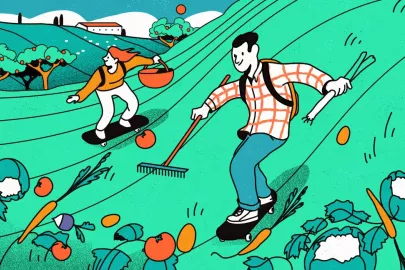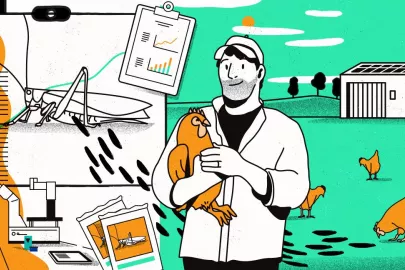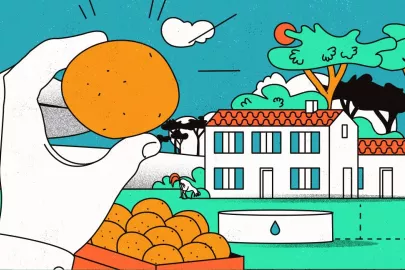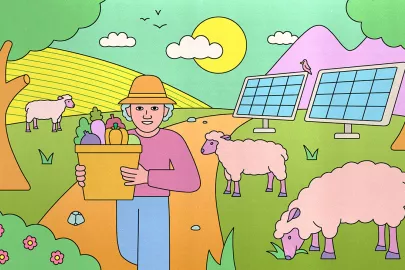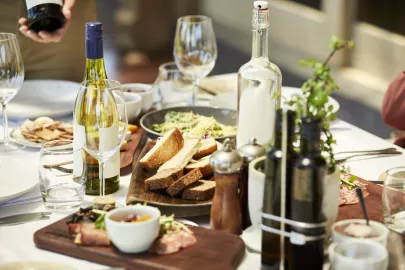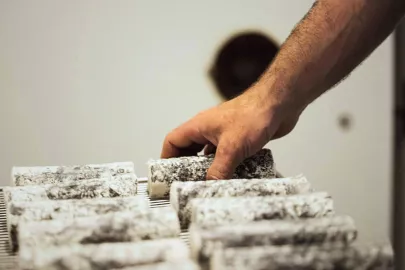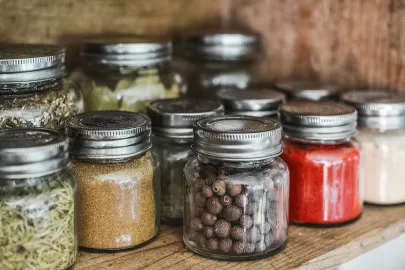Buying food in bulk, with its aim of eliminating superfluous packaging and cutting down on waste, is gaining in popularity. Better still, the range of products on offer is expanding, in both organic stores and supermarkets. And this trend is on the rise throughout the world.
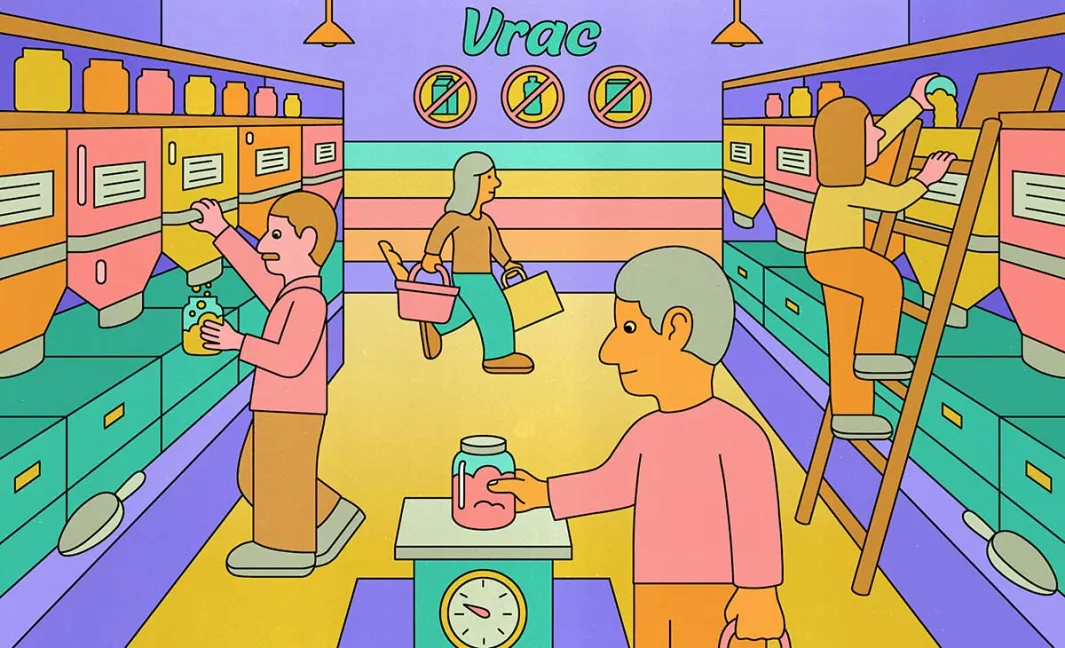
Although less than one third of plastic waste is collected to be recycled – and ultimately, on a global scale, only 14% of plastic packaging is actually recycled – more and more brands and retailers in France are opting for bulk food sales. That means “the sale to consumers of products presented without primary packaging, in quantities chosen by the consumer, in reusable containers" (Article 41 of the law on fighting waste and a circular economy). Many options for food products are available: Sugar, flour, pasta, grains, fruit and vegetables, wine, vinegar, oil and more… not to mention the sale of fresh products, such as cheese. A more traditional way of selling, perhaps, but closely linked to bulk buying.
And the distribution sector is changing, too. Organic and specialty grocery stores may have been pioneers in this field, but now no longer have a monopoly on this offering. Far from it! I was surprised, when shopping at a big supermarket in Brittany a few months ago, to come across several rows of bulk containers, plastic hoppers and dispensers offering organic products, with a plentiful supply of red lentils, dried-fruit muesli and small-spelt flour. And for good reason: supermarket chains are keen to take their cut of the business, too. In 2021, these accounted for almost half of sales in the bulk sector*, representing 10,000 retail outlets in France**, from small-town mini-markets to the giant Auchan store in the suburbs – including 600 opened last year alone!
For customers, bulk buying offers a threefold advantage. It generally offers a savings of between 10% and 15% compared to the equivalent product branded and packaged in plastic. In addition, this kind of consumption helps reduce food waste by enabling consumers to buy only the amount they really need. Lastly, it has an obvious environmental impact. The benefits have been demonstrated in a recent study by the French Agency for Ecological Transition, which found that bulk sales reduce the amount of packaging used across the entire distribution chain by an average of two-thirds.
And similar results have been observed in other countries. At European Union level, the growth in bulk sales is such that up to 5,500 tons of unnecessary packaging may be avoided by 2023. In the United States, too, this new way of consuming is becoming increasingly popular in stores such as Whole Foods and Green Wise, which are also brimming with packaging-free products.
* Source: Cabinet Xerfi
** Source: Réseau Vrac: The industry's trade organization
Contributor

Editor

